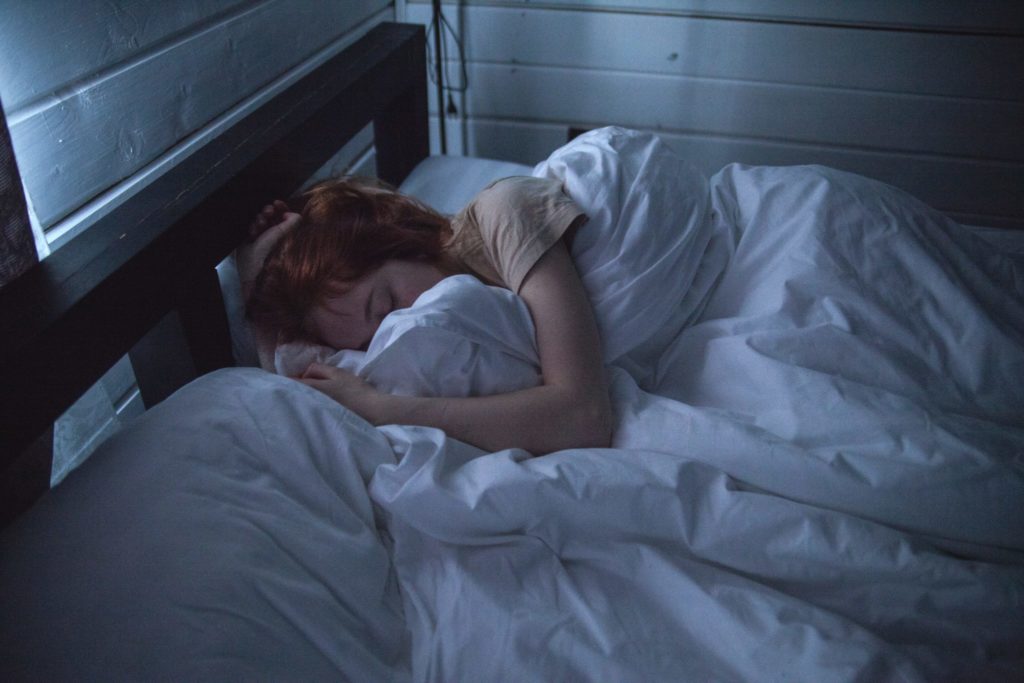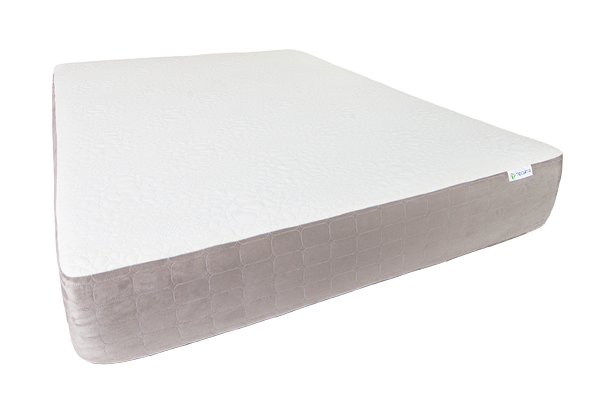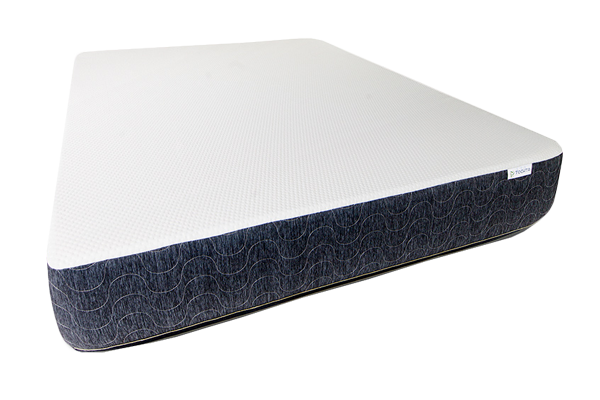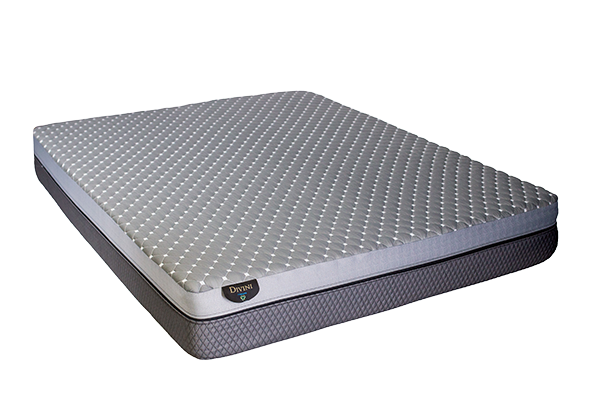
Sleep is one of the most important factors in maintaining a healthy lifestyle both physically and mentally. Aside from helping to keep us energized and more alert during the waking hours, good sleep keeps our stress levels lower, digestive systems more in sync and our outer appearances more pleasant and vibrant.
When that sleep is disturbed, even a little bit, it can spell noticeable and sometimes serious issues for our minds, bodies, and souls. Luckily, there are ways to accurately identify these disruptors and reduce the risk of them causing rude awakenings.
Anxiety and depression
Regardless of the degree, anxiety and depression can both greatly affect the quality of your sleep, including the time in which you fall asleep, as well as the length in which you stay asleep. In fact, most studies show that difficulty sleeping is one of the most common symptoms of high anxiety, and prolonged lack of sleep can intensify feelings associated with depression. Anxiety induced nightmares and nocturnal panic attacks can also contribute to your lack of sleep.
Booze
A wild night out can be a precursor to a not-so-great morning, we all know this. But even a few modest drinks before bed can cause disturbances in your sleep schedule. Although some may argue that a little bit of booze before bed helps them get to sleep faster, the quality of sleep is decreased with every drop you drink before hitting the hay. Stage 1 sleep, which is the type of sleep you’re most likely to wake from due to environmental factors, is more prominent when you’ve been drinking. It’s recommended to stop your alcohol consumption at least three hours before going to bed to lessen the effects. Also, drink plenty of water to help flush your system, as well as lower your core body temp–a factor that also aids in getting to sleep faster.
Overactive Thyroid
An overactive thyroid can also cause some turmoil with the way you sleep. The thyroid is responsible for regulating multiple parts of the body and vital organs, and when that balance is thrown off, it can cause everything from increased heart rate and tremors to profuse sweating, difficulty getting to sleep and more.
Restless Leg Syndrome
If you suffer from Restless Leg Syndrome (RLS), chances are your sleep has been interrupted more times than you’d care to admit. The symptoms associated with RLS, like itching, throbbing pain and moderate to severe aches and pains are sure-fire ways to rattle you out of a good night’s sleep. If you’re not diagnosed but have been experiencing symptoms similar to these for some time, it’s recommended you consult your local physician to learn more.
Menopause
If you’re a woman going through menopause, your sleep has more than likely been disturbed at least one or twice because of it. Similar to some of the symptoms of hyperthyroidism, menopause causes hormonal imbalances that can mess with the way you sleep, including hot flashes and cold sweats. To help, experts recommend everything from wearing moisture-wicking clothing to introducing a cooling pad to help regulate body temperature fluctuations.
Night terrors
Affecting nearly 40 percent of children and a notable percentage of adults, night terrors are intense nocturnal episodes in which suffers can experience bouts of screaming, crying, thrashing and even engage in full conversations with no recollection of events the next morning. Since most children tend to outgrow these, it’s highly recommended you see a sleep professional if you’re experiencing these as an adult.
Insomnia
For some, insomnia can occur every so often, while others deal with it on a near-daily basis. Chronic lack of sleep can be attributed to excessive caffeine consumption and oversleeping, but can also be triggered by certain medications or underlying neurological problems.
Fluctuations in Temp
Overheating or chills can both be caused by hormonal imbalances, but can also be a simple as having the thermostat too high or low before going to bed. If you’re prone to getting too hot or cold at nighttime, you can keep an extra blanket nearby, or opt to sleep downstairs if you’re in a two-story home, as colder air tends to sink compared to warmer air.
Pets and Children
No matter how much of a schedule your household may adhere to, pets and children can make things interesting. Perhaps one kid refuses to leave the comfort of your bed at night or the family pet insists on taking up the foot of the bed. Regardless of the reason, both can keep you from getting a good night’s rest as they shift and get up throughout the night.
Noise pollution
Living in a heavily populated city can be the root cause of your sleep troubles, too. Noise pollution from never-ending traffic, noisy next-door neighbors and more can all contribute to sleep disturbances. Although it’s a caveat of living in a dense city setting, you can take preventative measures, like investing in earplugs or a white-noise machine, to help you stay asleep.
Although there’s no magic pill or formula to keep all of these factors from affecting the quality of your sleep, a reliable mattress system is a step in the right direction. Contact your nearest mattress dealer today to learn more about how the best sleep of your life is within your reach.


